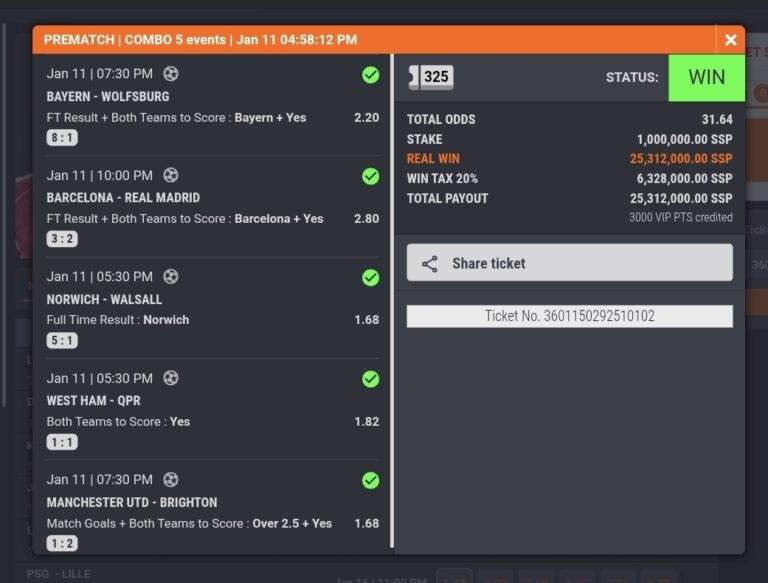
The special court in Juba has extended its mandate to continue the high-profile trial of Riek Machar, South Sudan’s suspended First Vice President, and seven co-accused charged with treason and crimes against humanity, following a week of intense legal wrangling over the court’s legitimacy.
The extension came after the defence team, led by Dr. Geri Raimondo Legge, argued that the court’s authority had lapsed when its initial one-month term expired on October 8, rendering further proceedings unlawful. However, Presiding Judge James Alala Deng rejected the challenge on Wednesday, ruling that the court would “remain functional until the completion of the trial.”
The case, which has gripped national attention since September 22, stems from a March 2025 attack on an army base in Nasir County that killed Gen. David Majur Dak and dozens of soldiers. The government alleges that the assault was carried out by forces loyal to Machar’s SPLM-IO faction and its militia allies known as the White Army.
Machar, 73, faces a litany of charges — treason, mass murder, terrorism, crimes against humanity, and destruction of property — alongside seven political and military associates: Puot Kang Chuol, Mam Pal Dhuor, Gatwech Lam Puoch, Lt. Gen. Gabriel Duop Lam, Kamilo Gatmai Kel, Mading Yak Riek, and Dominic Gatgok Riek.
At Wednesday’s hearing, held at Juba’s Freedom Hall, tensions rose as the court debated the admissibility of key electronic evidence, including laptops and mobile phones confiscated from the defendants. The defence argued that the seizures were unconstitutional and conducted without judicial warrants, violating Article 22 of South Sudan’s Constitution and provisions of the 2008 Criminal Procedure Act.
The prosecution countered that the items were lawfully registered and contained crucial communications allegedly linking the accused to the Nasir assault. After reviewing the arguments, Judge Deng admitted 13 of 16 exhibits, including a laptop belonging to Machar and three weapons said to have been recovered from Brig. Gen. Kamilo Gatmai Kel — though he denies ownership.
Judge Deng criticized both sides for repeated procedural objections, warning that “delays are undermining the trial’s progress.” He directed hearings to continue three days a week — Monday, Wednesday, and Friday — until all evidence is presented.
The judge also commended the National Security Service, police, and medical staff for providing care to one of the accused, who recently underwent appendix surgery while in detention.
With the mandate extended and the trial intensifying, the court’s proceedings mark one of South Sudan’s most consequential legal battles — one that could redefine the political and judicial landscape in a nation still recovering from years of internal conflict.




